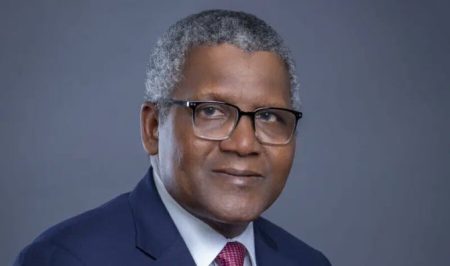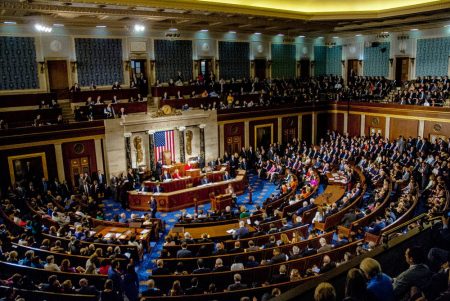The UK needs to develop a pipeline of construction skills and knowledge
After months of delivering confidence-sapping messages on the British economy, the Labour party has begun to change its tune. Last week, Prime Minister Sir Keir Starmer unveiled plans to build new towns across the country; part of a broader promise to construct 1.5mn homes within the current parliament. That followed announcements last month to revive the development of a third runway at Heathrow airport and the science-rich Oxford-Cambridge Arc. Forthcoming plans to cut red tape in the planning system could also unlock the government’s goals to decarbonise the energy grid, raise new data centres and build better transport infrastructure.
The ambition is welcome. But Britain’s dearth of construction skills throws an almighty spanner in the works. The Construction Industry Training Board estimates that over 250,000 additional workers will be required by 2028 to meet demands. The shortage spans all specialisms and layers of the construction industry, from senior project managers to the steel fixers, welders and labourers needed on site. New towns need roads, grids and plumbing, not just homes.

Employment in the UK’s construction industry is near a two-decade low. Many workers left the sector following the financial crisis as major projects dwindled. Tighter immigration rules following Brexit made it harder to recruit and retain workers in the industry, which relied heavily on hiring foreign workers. Low numbers entering construction apprenticeships, high course dropout rates, and the retirement of older UK-born workers has made things worse.
What can the government do? Labour’s plan to develop a long-term list of forthcoming infrastructure projects would be a good start. That would allow construction firms to synchronise their training and recruitment efforts. Industry experts argue that Britain’s building agenda has been too unpredictable for too long, which has hindered the development of skills and experience in the sector.
Next, training would benefit from more investment. Plans to develop fast-track construction apprenticeships and a proposal to make the apprenticeship levy more flexible, so that employers can use it for a wider range of courses, are promising. But technical courses need beefing-up both to handle a potential influx of construction trainees and evolving demands for green and digital skills in the sector. A construction skills strategy — across government and industry — should also assess how to better attract young talent, retain the experience of older workers, utilise transferable skills from other engineering professions and boost productivity.
Still, given the time it takes to train new construction workers, there’s a risk that shovel ready projects fail to take off due to the lack of manpower. That might require the government to make tweaks to the immigration system to make it simpler and cheaper to recruit talent from abroad. One option might be to grant companies access to a two- to three-year special construction visa on the condition they also train UK workers.
Hiring construction workers from abroad is, however, only a stop-gap measure. To sustain high building rates for projects ranging from reservoirs to small modular reactors over the coming years and decades, Britain needs to develop a long-term pipeline of talent and knowledge. After all, with countries across the world embarking on their own renewable energy and infrastructure renewal programmes, the supply of migrant workers will be unreliable.
Getting Britain building again is the right way to boost its economic growth. Labour has promised progress on two fronts; slashing bureaucracy in the planning system and developing a 10-year road map of public projects. But it is yet to seriously grapple with the country’s dearth of bricklayers, architects and engineers. Until it does, the government’s building boom will remain on shaky foundations.
The exclusive was recently published by The Financial Times.
Read Also: $150m alleged bribe: Verbal war rages between Binance’s Gambaryan, Nigeria’s lawmakers









